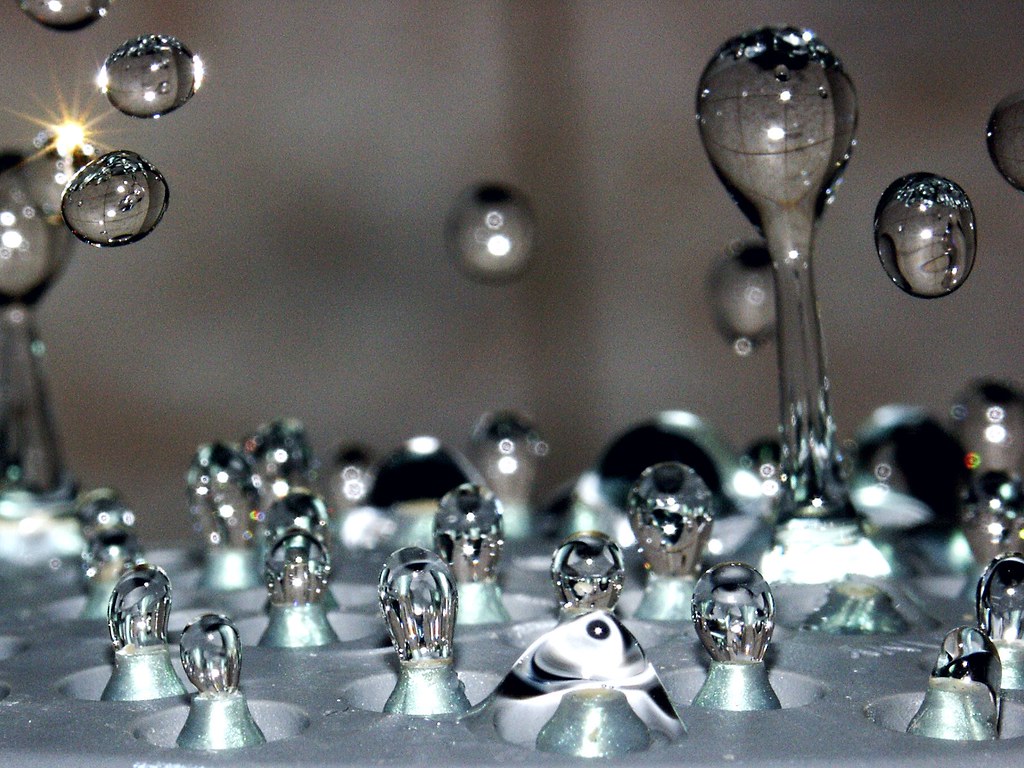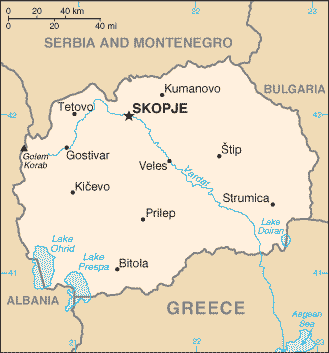The Worth of Water
Water is not a commodity. Not yet. But let's not get ahead of ourselves. Water is used to generate energy and accounts for 7% of total U.S. electricity generation and 75% of generation from renewables. The means by which water is used (most familiar to you and I ) are through dams or hydro-electric turbines and generators. Water, however, also extracts large amounts energy before it reaches homes and businesses. Extracting, purifying, pumping and transporting drinking water, heating water for domestic and other use, and treating and disposing of wastewater are all activities that use energy.
GLOBALIZATION IS WATER INTENSIVE
 Increasingly; the costs of water management have been rising. Partly due to the increasing demand for H20 and also the lack of a viable infrastructure to meet these needs. Water demand doubles every 20 years and large part of that increasing demand is in the way we manage our use of it. The biggest culprits are countries lacking water infrastructure and growing economies such as China and India (which fall into both categories). One example is the amount of water used to make the materials from which buildings and ships are built. China uses 7 times more water than the US to produce 1 ton of steel because they do not have a water recycling program in place or functioning infrastructure to treat water to be recycled.Like I said, Water is not a commodity, but if it were - it would be double its current price. On average, the price of water has raised much faster than inflation, which is a call to who other than..., the private sector.
Increasingly; the costs of water management have been rising. Partly due to the increasing demand for H20 and also the lack of a viable infrastructure to meet these needs. Water demand doubles every 20 years and large part of that increasing demand is in the way we manage our use of it. The biggest culprits are countries lacking water infrastructure and growing economies such as China and India (which fall into both categories). One example is the amount of water used to make the materials from which buildings and ships are built. China uses 7 times more water than the US to produce 1 ton of steel because they do not have a water recycling program in place or functioning infrastructure to treat water to be recycled.Like I said, Water is not a commodity, but if it were - it would be double its current price. On average, the price of water has raised much faster than inflation, which is a call to who other than..., the private sector.THE PRIVATE SIDE OF WATER
The private sector will increasingly have a hand in developing the lacking infrastructure. It only seems logical when one looks at how much it will cost to develop these systems in developing countries and emerging economies. The estimate floats ominously at around, well, hundreds of billions of dollars. Governments and municipalities cannot manage these exorbitant costs and keep pace with other areas of development, but they will need these systems in place in order to fully grow their economies.America too, suffers from a horrifyingly aged water system. Some parts of our water infrastructure were built over 100 years ago. Can anyone say, "plastics?" Don't hold your breathe though. Right now the West is busy solving China's water challenges with help of the Chinese government. Water companies from Europe and America are investing into China water solutions and the Chinese government is investing 125 billion dollars of its own over the next decade. Jakarta alone, a city of 14 million people is operating on a water infrastructure built for 500,000 people.
OBVIOUS STATEMENT OF THE DAY
"Water doesn't exist where it's needed." - Benjamin Tal




